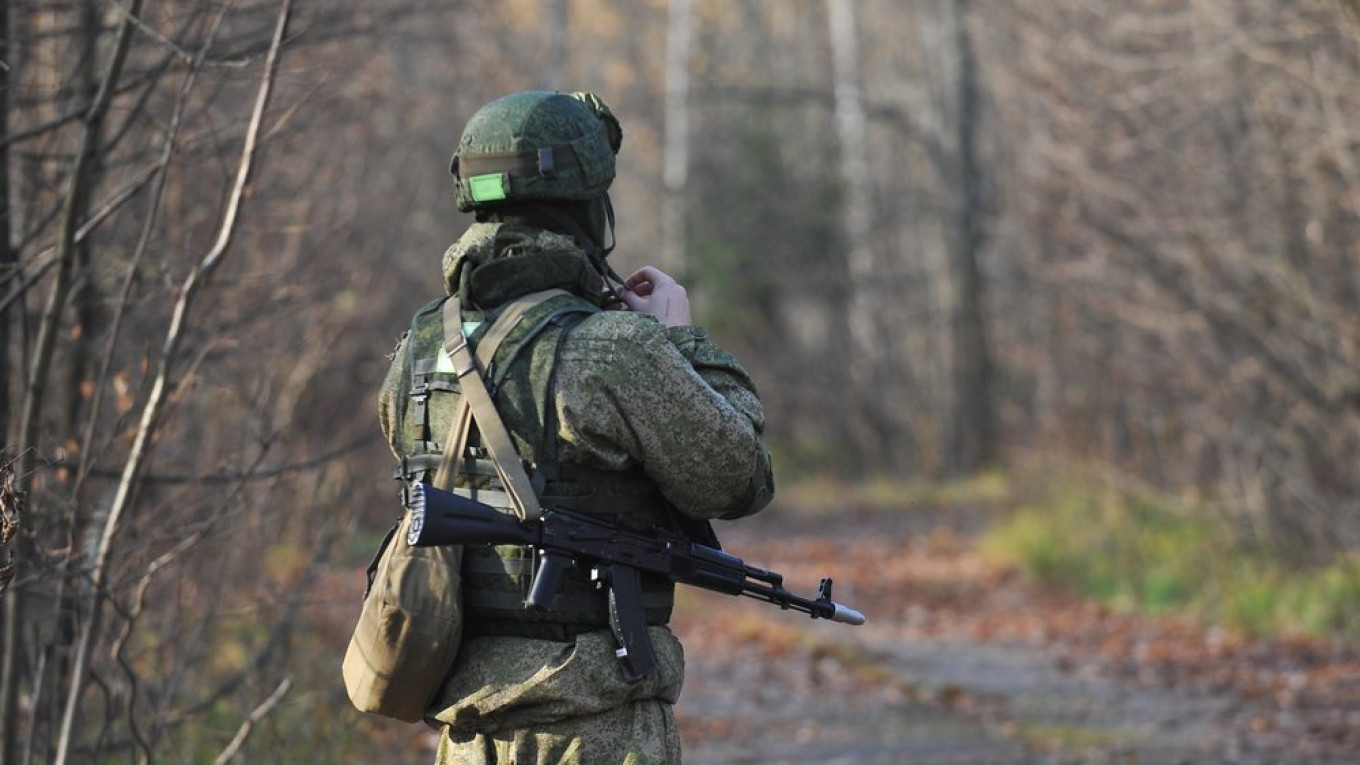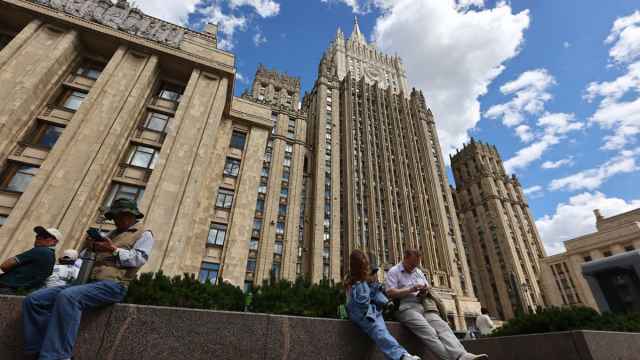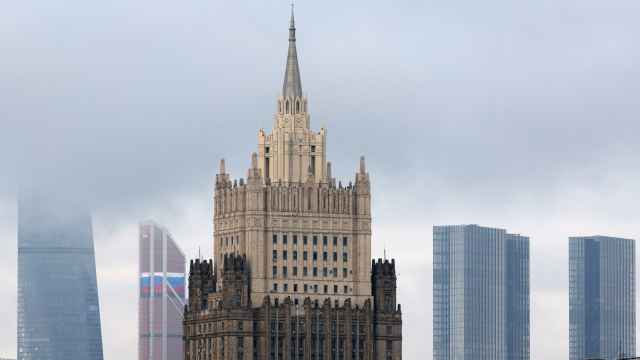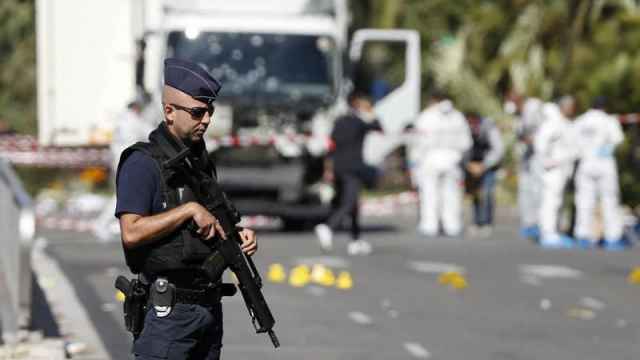A senior Foreign Ministry official has denied Russia’s military presence in Libya following a New York Times report that about 200 Russian mercenaries have arrived in the oil-rich North African country in the past month and a half.
The Kremlin-linked Wagner mercenaries’ reported arrival in Libya appears to be the second wave in as many months of Russian arrivals in the country, which is gripped by a five-year civil war. Bloomberg reported in September that more than 100 Wagner contractors arrived at a forward base to support eastern strongman Khalifa Haftar’s assault on the Libyan capital Tripoli.
“I categorically reject speculation of this kind,” the state-run TASS news agency quoted Deputy Foreign Minister Sergei Ryabkov as saying Thursday. “We don’t believe there are grounds to make assertions and speculations like this.”
Russia’s deployment includes snipers equipped with signature ammunition that doesn’t have exit wounds, The New York Times reported Tuesday, citing three unnamed senior Libyan officials and five Western diplomats.
The newspaper also reported that Russia has “introduced” cutting-edge Sukhoi fighter jets, coordinated missile strikes and precision-guided artillery to the Libyan fighting.
Ryabkov, hinting at Bloomberg’s reporting, responded that “this isn’t the first time that American media spread all sorts of tall tales, malicious rumors and fabrications.”
“We’re acting in the interest of Libyan [conflict] settlement. We support the appropriate efforts [to achieve this], including through the UN. We’re in dialogue with those who in one way or another influence the situation,” he added.
Libya's conflict has increasingly evolved into a proxy war between foreign powers since the country’s 2011 uprising against Muammar Gaddafi.
Forces loyal to Haftar this spring launched an offensive to seize Tripoli from Libya’s internationally recognized government, upending UN-led plans to broker a political settlement. Russia is said to be providing unofficial assistance to Haftar with Wagner, a private army linked to President Vladimir Putin through businessman Yevgeny Prigozhin.
A Message from The Moscow Times:
Dear readers,
We are facing unprecedented challenges. Russia's Prosecutor General's Office has designated The Moscow Times as an "undesirable" organization, criminalizing our work and putting our staff at risk of prosecution. This follows our earlier unjust labeling as a "foreign agent."
These actions are direct attempts to silence independent journalism in Russia. The authorities claim our work "discredits the decisions of the Russian leadership." We see things differently: we strive to provide accurate, unbiased reporting on Russia.
We, the journalists of The Moscow Times, refuse to be silenced. But to continue our work, we need your help.
Your support, no matter how small, makes a world of difference. If you can, please support us monthly starting from just $2. It's quick to set up, and every contribution makes a significant impact.
By supporting The Moscow Times, you're defending open, independent journalism in the face of repression. Thank you for standing with us.
Remind me later.






